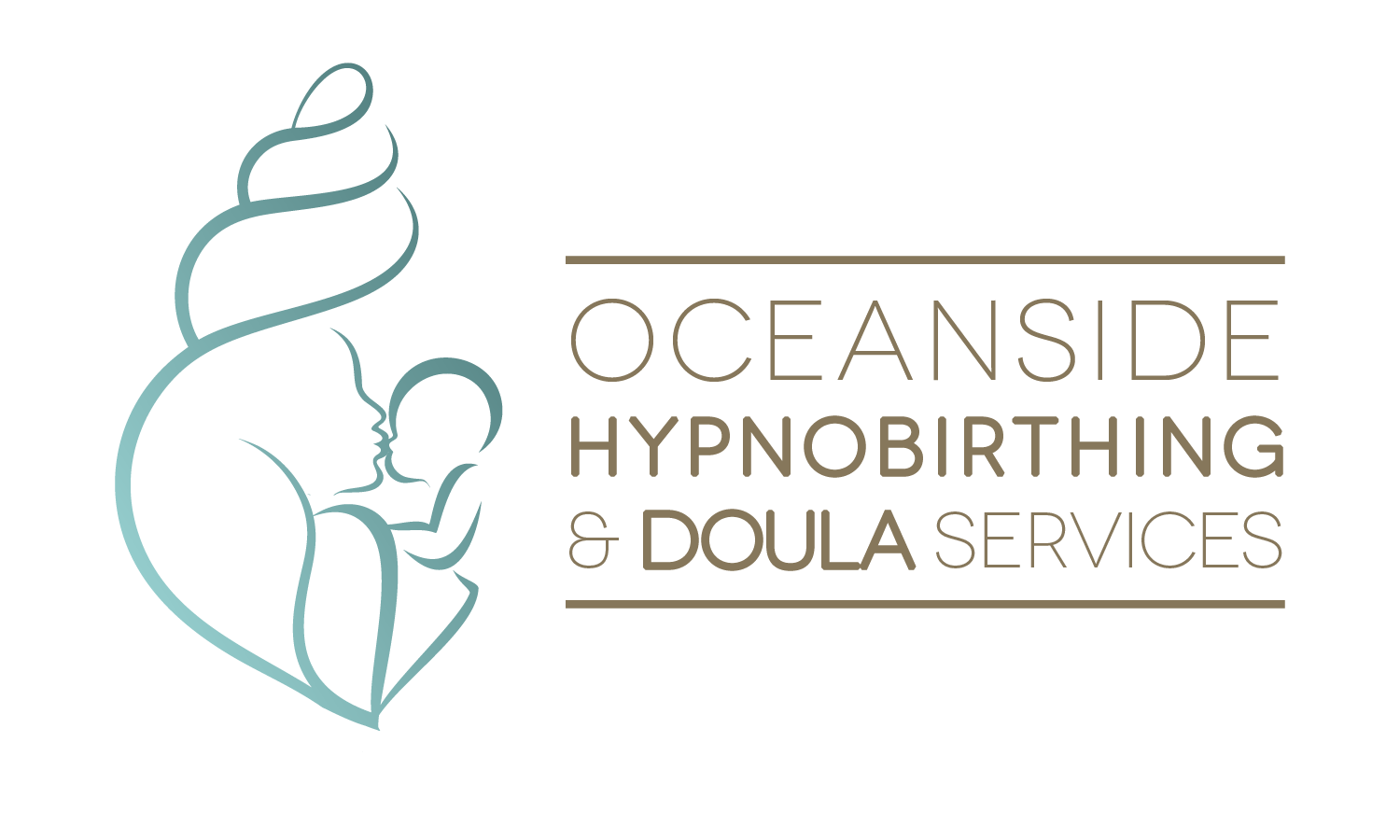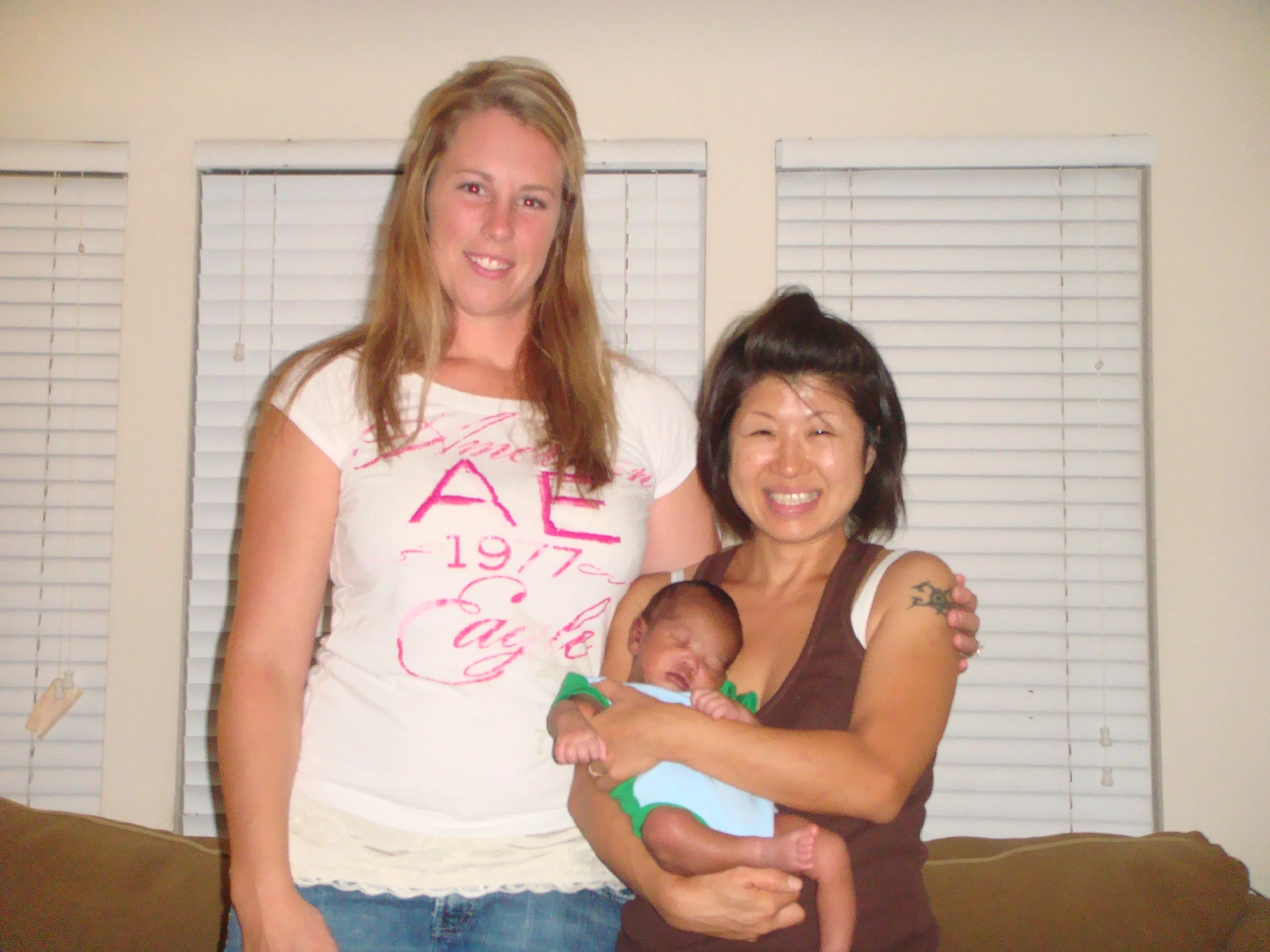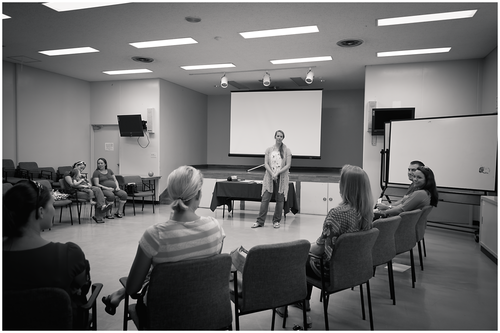First doula client in California
My first experience as a doula remains vivid in my memory, especially now as I reflect on those early days when insurance coverage was just a brief overview in our trainings. Doula support at the core has remained steady, but everything else to do with it has rapidly evolved. I recall that birth walking through the halls of Naval Medical Center San Diego (Balboa), guiding my client through her contractions. Her husband was deployed, and I had volunteered with an organization that provided doula support for military families. While she was the first of many clients, I often think of her. Little did I know, that moment was the beginning of my journey to where I am today.
That initial foray into doula work plunged me into a world filled with unique challenges, navigating the regulations of overseas military bases, leading doulas when I was still learning as a newer doula myself, educating our military families and community as a whole about doulas. There were times when I’d be supporting families without a backup doula due to fellow doulas either moving or having a baby of their own. I often found myself in uncharted territory I was completely unprepared for, embracing the rhythm of the season, trusting my instincts and staying attuned to God's guidance. I prayed that I was making the right choices throughout the journey. I ventured alongside clients to learn about Japan's birth cultures and delved into SOFA status regulations when military families faced bogus restrictions on home births or placenta encapsulation, taught new doulas, built relationships with our local base programs and hospitals, said goodbye to many great doulas who became close friends. Consistency and continuity became a key player amidst the constant turnaround. When the time presented an opportunity I was able to attend a Senate of Armed Forces Committee Meeting back in the states and yes, I was that person who boldly handed out educational material to other attendees about doulas and the military. Not sure if that was allowed, but I did it anyways. Always hoping it would fall into the hands of the right person.
Camp Lester Naval Hospital, Okinawa. Photo Credit: Military Bases.Com
During this period, I dedicated myself to establishing private organizations on military bases and cultivating relationships within the Military Treatment Facility. I recalled advice to find a champion in the hospital, and I did—an incredible nurse who sadly lost her life and baby to HELLP syndrome. It would not be the only time a difficult circumstance resulted in another pivot. One particularly memorable moment this nurse and I had together; during a birth, the provider was visibly irritated as the parents asked questions to better understand their care. Afterward, she encouraged me to keep pushing forward despite the ongoing attitudes from some providers, a message that resonated deeply with me because at this point in time, I was one of the only active working doulas on island and I felt like I had no one in my corner to call and talk me through these experiences within the Military Healthcare System. Yet I persisted because there was a need for change and support not only for families but birth professionals who supported within and outside our military structure.
“ To all healthcare providers: if your hospital has a doula policy, I encourage you to review it, involve your trusted local doulas, and familiarize yourself with other certifying organizations. Ask your team what purpose does this serve and why it’s being implemented. I do not, as many others, align with just one certifying body, hold a membership, or answer to organizations that I am not certified through. Therefore, I will not be signing any policies that reflect them. ”
In the beginning there were times I would often look for support from my certifying body. They had little to no presence overseas, limited experience with military contexts nor did they offer support to fellow military spouses like myself. When I finally touched base, it was advised not to reinvent the wheel, but the reality was that there was no wheel to begin with. That was an eye opening experience which told me they were not in a place to provide guidance or feedback regarding doula support in the military system. Support and resources for birth professionals in my community were truly non existent aside from what was created on a local level. This was also a time before the internet became what it is today, making connections while living overseas resulted in limited access to information and being shared like it is today. Despite limitations, our community flourished. Ways were sought to educate military leaders, I participated in working groups on the island, and connected with larger organizations to raise awareness beyond the Pacific—even though we often felt dismissed or overlooked. No one wanted to talk about birth apparently even though there were glaringly big issues that needed addressed the system.
One of many educational group talks with military families.
At times, it seemed the hospital might stop allowing doulas altogether, and those moments were isolating. Eventually, I found strength in two remarkable mentors, Gerri Ryan and Linda Herrick, close friends and colleuges, and a military community that courageously advocated for better birth experiences and options. Despite harsh interactions and criticism from those unwilling to learn or support, I knew I was on the right path.
I remember discussing Tricare coverage with fellow doulas, feeling uncertain about where to begin. I just knew it had to come from the top. I never imagined that I’d be here today talking to you about Tricare and doula coverage, witnessing how everything seems to come full circle.
Here we are 2024 and I’ve been back stateside since 2017. When the news broke that Doula coverage for Military Families was being introduced as a bill, it was a moment filled with anticipation and apprehension. A group of doulas who had dedicated much of their careers to understanding the needs of military families came together to make formal recommendations to the appropriate personnel. Yet, no one ever reached out or followed up with us after it was submitted. To this day, when I read the Federal Register, I can’t help but notice some of the very same language from our documents appearing in there.
I remain skeptical that any doulas were consulted or had a seat at the table, despite our numerous meetings and phone calls. There are only so many people one can speak to before realizing they all seem to lead back to the same individuals.
Nearly three years after the CBSD demonstration was voted into the NDAA and integrated into Tricare, I anticipated challenges. Some of which I hadn’t foreseen or fully understood, especially since, as a doula, I’ve never worked with insurance. With many states now adopting Medicaid coverage, doulas are grappling with this new territory of billing, medical terminology, insurance codes, and everything else that comes with it. When this demonstration launches overseas, it limits access to coverage only in the private sector. It also creates another obstacle of military spouse employment, navigating SOFA status regulations, the ability of military spouses to work in host nations, and the fact that many military members give birth on base OCONUS limits access of the program those who are seen by a host nation provider.
Another shift I'm noticing is an increasing interest from organizations and businesses that are suddenly keen to connect with the military doula community, despite having shown little to no interest in the past 16 years of my experience as a doula. I can’t help but question whether their motives stem from a genuine desire to support our military birthing community or if they're simply looking to profit or gain influence. As a result, I’ve chosen to approach these interactions cautiously, especially with those who have never engaged with military doulas, birth professionals, or families, or who seem to have ulterior motives.
In closing this section, I find the current guidance from the DHA and its contractors to be quite chaotic. While one contractor has made commendable efforts to keep new doulas well-informed, the overall lack of support remains troubling. Recently, it has come to my attention that only one certifying body is being consulted by one of the Tricare contractors, despite its limited grasp of the unique needs within our military doula communities, both CONUS and OCONUS. This exclusive approach risks fostering inconsistencies and misunderstandings throughout the system.
More to come….




